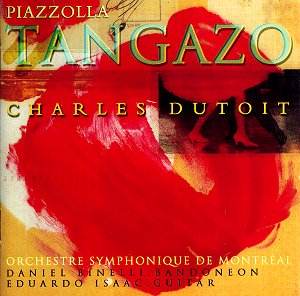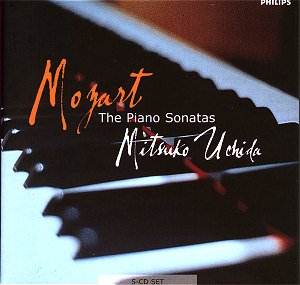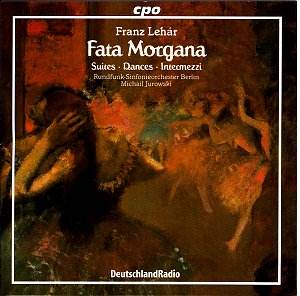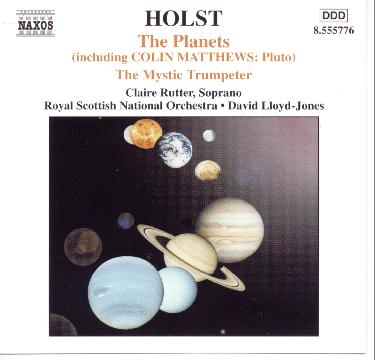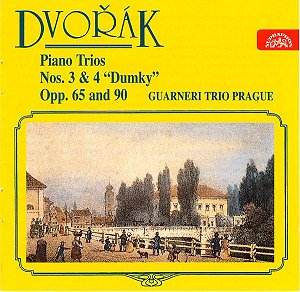 Composer: Antonín Dvořák
Composer: Antonín Dvořák
Works: Piano Trio No. 3 Op. 65, Piano Trio Op. 90 “Dumky”
Performers: Guarneri Trio Prague – Čenek Pavlík (violin), Marek Jerie (cello), Ivan Klánský (piano)
Recording: Domovina Studio, October and November 1997
Label: Supraphon
Antonín Dvořák, a figure of profound significance in the development of Czech music, composed his Piano Trios during a period when he was synthesizing his nationalistic elements with broader European influences. The Piano Trio No. 3, Op. 65, completed in 1883, and the Dumky Trio, Op. 90, from 1891, showcase Dvořák’s mastery in melding lyrical beauty with rhythmic vigor. Both works are pivotal not only within his oeuvre but also in the chamber music repertoire, reflecting the composer’s ability to convey deep emotion while remaining structurally coherent.
The Guarneri Trio Prague’s interpretation of these trios reveals a nuanced understanding of Dvořák’s idiom. Their approach to the Dumky Trio is characterized by a refreshing balance between expressiveness and restraint. While earlier recordings, such as the Suk Trio’s celebrated renditions, leaned heavily into the emotive weight of the music, the Guarneri Trio opts for a more measured tempo, allowing the subtleties of the work’s contrasting sections to emerge organically. The Poco Adagio, for instance, feels less overtly sentimental yet retains an intimate quality, marked by sensitive dynamic contrasts. This choice results in a performance that is both contemplative and articulate, with the ensemble’s fluency shining through the Allegretto scherzando, where they navigate the playful motifs with delightful ease.
In terms of technical execution, each member of the trio exhibits remarkable synergy. Čenek Pavlík’s violin work has transitioned from a previous intensity toward a more mellow tone, which complements the lyrical lines beautifully. His phrasing is particularly commendable in the second movement of Op. 65, where the dialogue between violin and piano is executed with a keen sense of balance. Ivan Klánský’s piano contributions are noteworthy for their clarity and restraint, especially in the finale of the Dumky Trio, where he supports the strings without overshadowing them. Marek Jerie’s cello, warm and rounded, anchors the ensemble, providing a rich foundation that enhances the overall texture.
The recording quality from Domovina Studio is a significant improvement over the previous 1991 version, which suffered from a less favorable acoustic environment. The current disc captures a warmer sound palette, allowing the trio’s tonal blending to resonate more fully. The engineering offers clarity without sacrificing the ensemble’s intimacy, a crucial element in chamber music. However, some passages, particularly in the latter part of the Dumky, can feel slightly muddied, detracting from the overall argument of the piece. The final movement, while capturing the work’s voluptuous character, occasionally lacks the incisiveness needed to propel the musical discourse fully.
These performances, while perhaps not reaching the elite echelon of recordings, stand as strong contenders in the vast landscape of Dvořák’s chamber music. They offer a fresh perspective that emphasizes the subtleties and intricacies of the trios without glossing over their innate emotional depth. The Guarneri Trio Prague’s interpretations are thoughtful and engaging, inviting listeners into a conversation with Dvořák that is as intellectually stimulating as it is emotionally resonant. The combination of refined interpretation and improved sound quality makes this recording a valuable addition to both the Dvořák discography and the chamber music canon.
